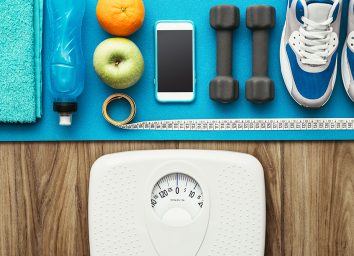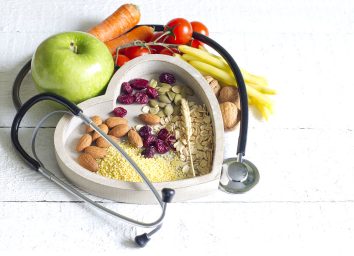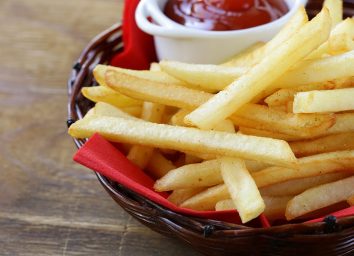20 Foods Nutritionists Kick Out of Their Kitchens—And You Should, Too
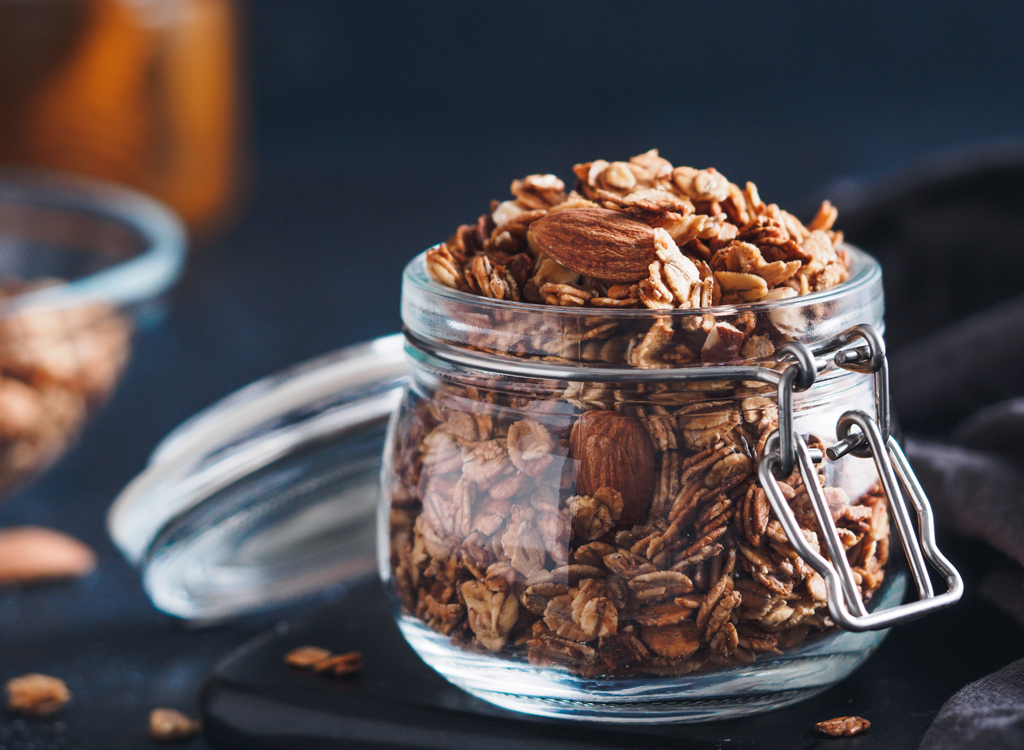
Imagine you had the chance to peek into the kitchens of the world’s best nutritionists and dietitians: the people who know exactly what to eat for a slimmer belly and a longer life. You probably wouldn’t be surprised by what you see: lots of fresh fruits and vegetables, whole grains, fish, olive oil. But what might surprise you is what you won’t see: the common, so-called “healthy” foods that might populate your own pantry. There’s a reason behind this list of foods nutritionists avoid: they aren’t as healthy as you’d think.
We assembled a panel of experts and got a sneak peek into the eating habits of those who live and breathe nutrition daily. Ahead, you’ll find the 20 foods that you really don’t need to be eating if you don’t want to—they’re not as healthy as you might think.
Rice Cakes
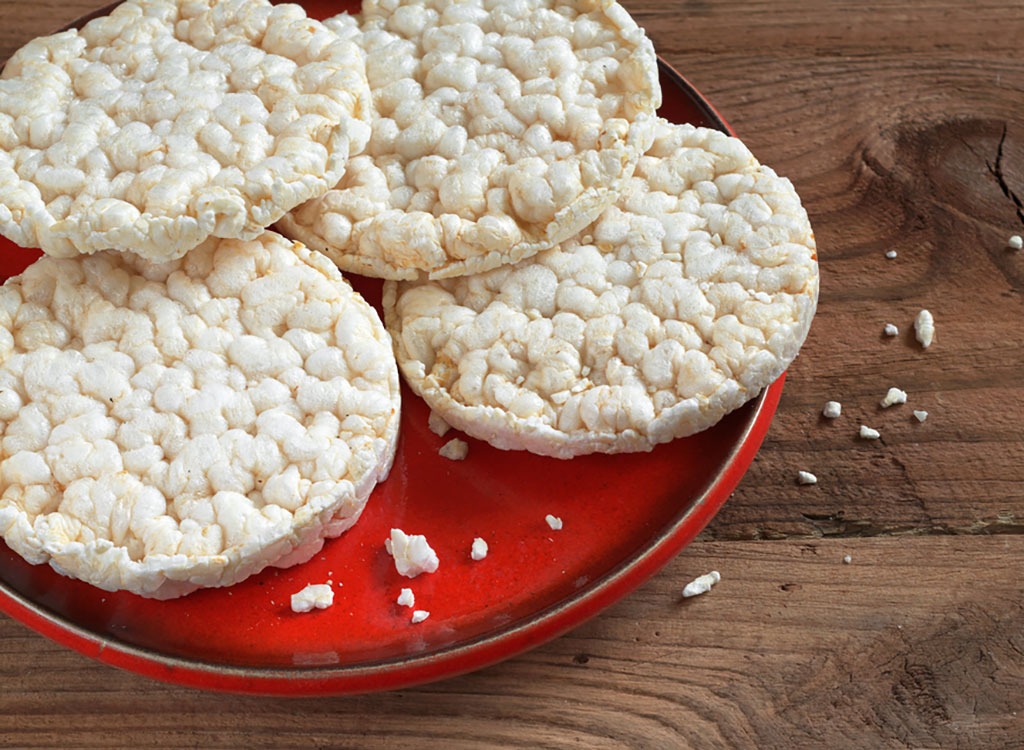
Rice cakes are an old-school diet staple, but the simple carbohydrates rank notoriously high on the glycemic index (GI), a measure of how quickly blood rises in response to food on a scale of one to 100. High GI foods provide a rush of energy, but can leave you hungry within a few hours. In a study published in the American Journal of Clinical Nutrition, researchers at the New Balance Foundation Obesity Prevention Center found high-GI snacks caused hunger, as well as increased activity in craving and reward area of the brain.
If you still want to go for that rice cake, adding healthy fats or protein to a meal lowers its glycemic load. Swap a two-cake mini-meal for one rice cake topped with a generous swipe of nut butter. The combo will keep you fuller for longer, and combining grains with nut butter can create a complete protein.
Giant Cups of Coffee
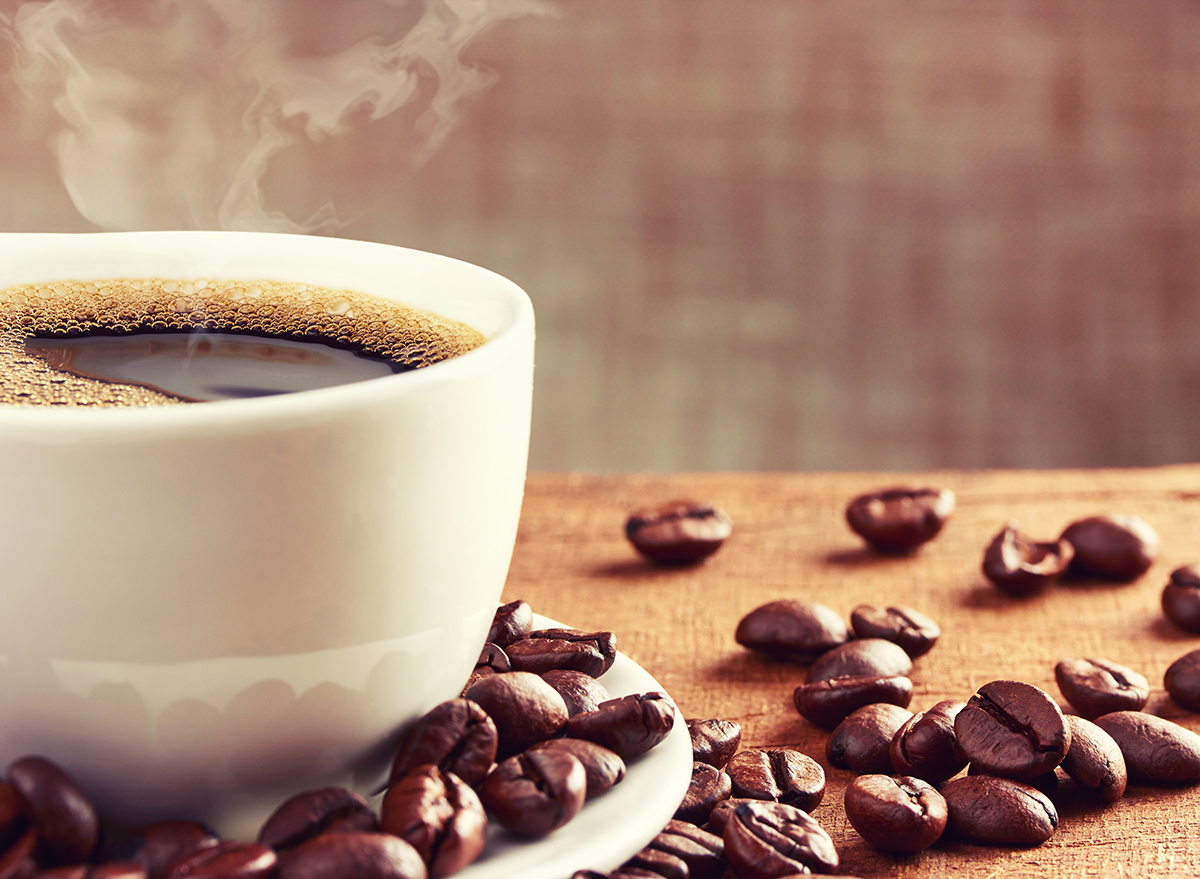
“I try to avoid excessive caffeine,” says Dr. Mamta M. Mamik, Assistant Professor of Obstetrics, Gynecology and Reproductive Science at the Icahn School of Medicine at Mount Sinai. “An adult can safely consume up to 400 milligrams of caffeine a day, which is equivalent to four 8-ounce cups of coffee. But drinking any more than that can cause calcium excretion, which, over time, may lead to osteoporosis. Avoiding excess caffeine also helps to ward off uncomfortable withdrawal symptoms like lethargy, insomnia, headaches, and irritability.”
Cream-Based Soups
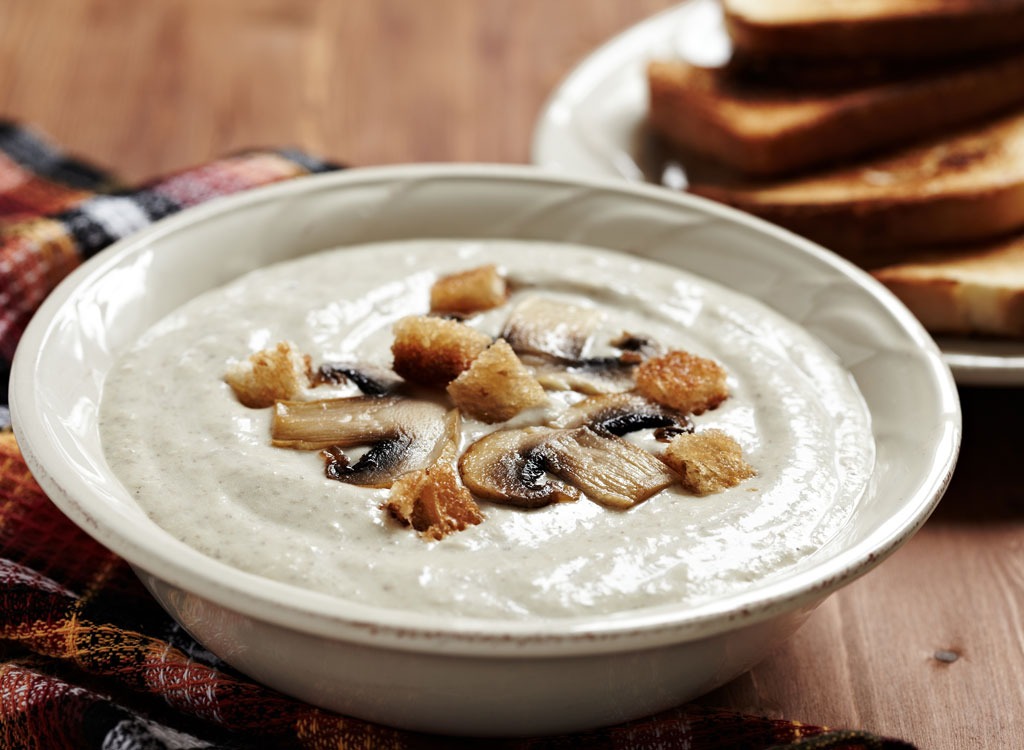
“Although I love them, I try to stay away from cream-based soups. They not only bother my stomach, but are also loaded with empty calories and often have concerning fillers like hydrolyzed proteins, food dyes, and corn syrup that I find out about later,” says Dr. Taz Bhatia, integrative health expert and author of The 21-Day Belly Fix. If you still want a cup of soup, look for protein-based options.
Flavored Oatmeal Packets
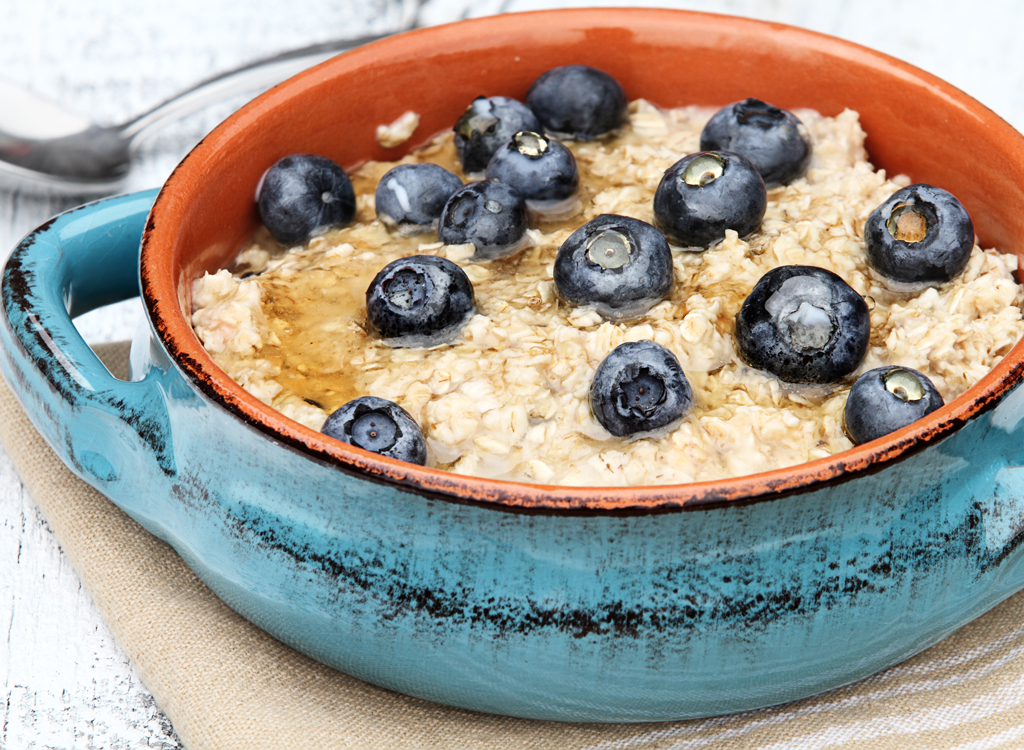
“I try to avoid foods that contain trans fats, corn syrup, and added sugars,” says Eugenia Gianos, MD, cardiologist and director of Women’s Heart Health at Lenox Hill Hospital. “Often listed as hydrogenated or partially hydrogenated oils, synthetically engineered trans fats increase your bad (LDL) cholesterol levels and decrease your good (HDL) cholesterol levels, upping your risk of heart attack and stroke.”
While plain, steel-cut oats fit into Dr. Gianos’ diet plan, Quaker Instant Oatmeal’s fruit and cream variety pack is an example of a product that does not. Every single flavor that comes in the box contains ingredients on her “do not eat” list. In need of a flavor boost? Add fresh fruits, a touch of honey, or an ounce of nuts to your bowl instead.
Soy Milk
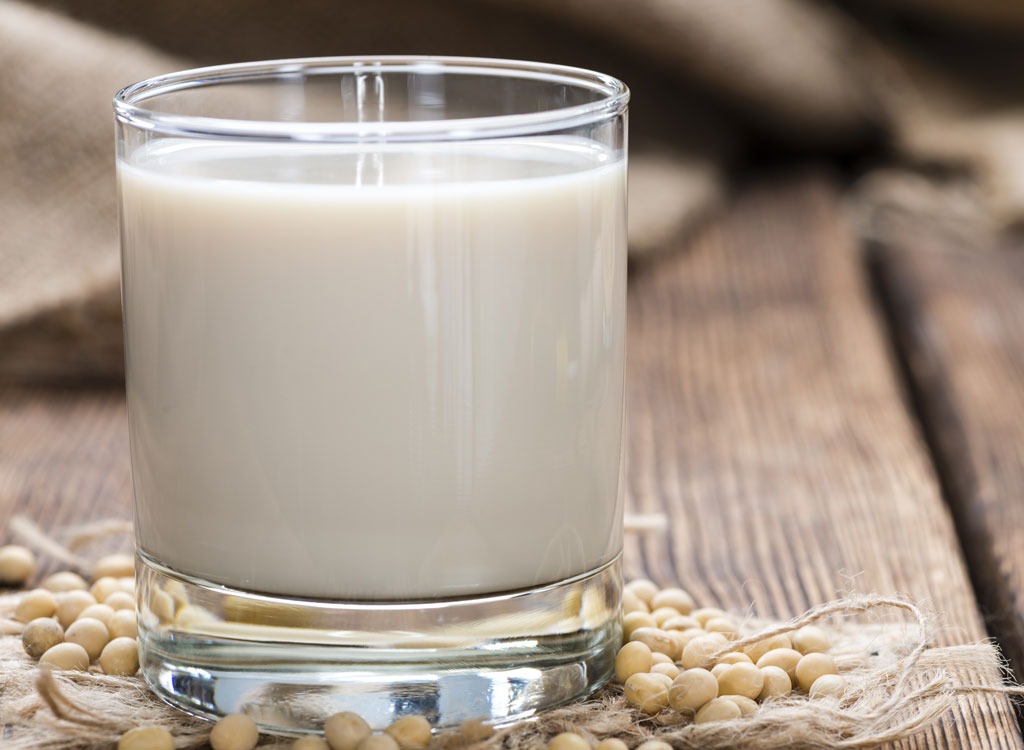
“I avoid soy milk,” says Guillem Gonzalez-Lomas, MD, sports medicine specialist and assistant professor of Orthopaedic Surgery at NYU Langone Medical Center. “Yes, the horror stories linking overconsumption of soy products to estrogen-like effects, like the development of enlarged breasts in otherwise healthy males, are exceptional. However, the fact is that soy mimics estrogen and activates estrogen receptors in the body. Do you want to take that risk?”
Gonzalez-Lomas suggests opting for another non-dairy milk instead. “There are plenty of other milk substitutes—like almond milk—that don’t carry the same potential side effects,” he says.
Nutrition Bars
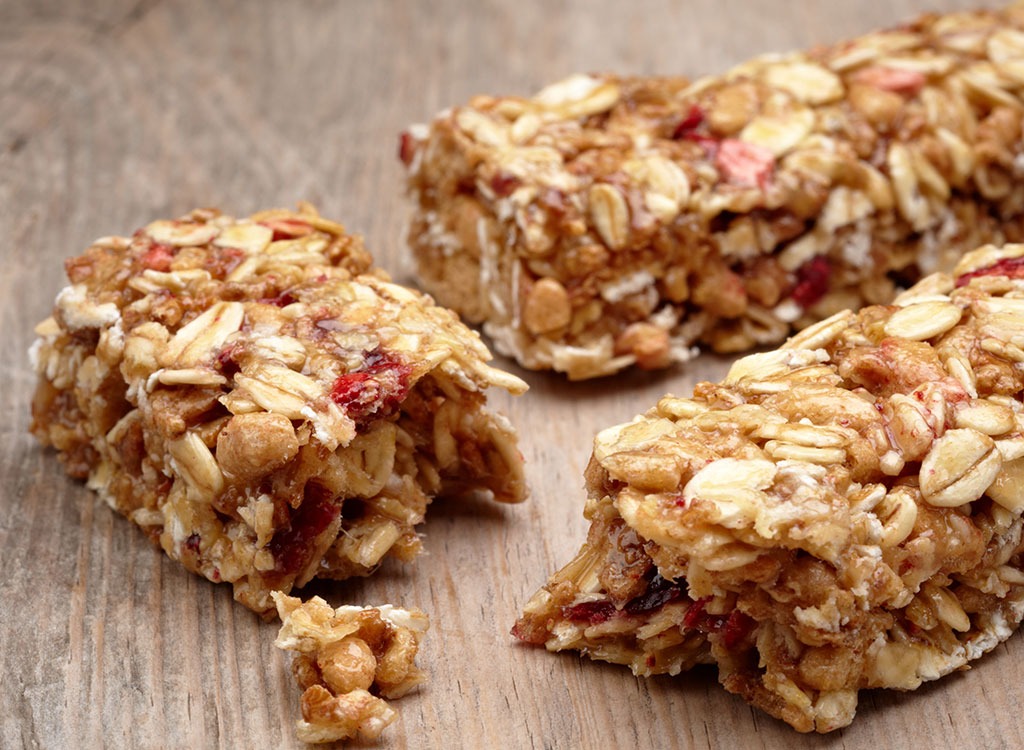
“As a plastic surgeon, I’m always thinking about my figure,” says New York City-based plastic surgeon Lara Devgan, MD. “To that end, I never eat energy bars or granola bars. Although they can be tasty, for the amount of calorie-dense carbs and fat they contain, you might as well eat a candy bar. Many of these bars are packed with simple sugars, and they aren’t quite filling enough to substitute for a meal or snack.”
Egg Beaters
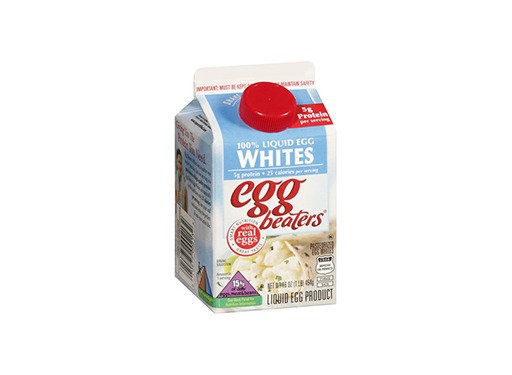
“This is as far removed from a natural egg as you can get,” says Dana James CDN, a nutritionist from Food Coach NYC. “Heat pasteurized and made from factory-farmed eggs, this product is processed so much that makers actually have to add in synthetic vitamins to boost its nutrient density.”
Instead, James suggests reaching for real eggs. They’re high in choline, a nutrient that can help your brain function properly. They can also help support eye health and healthy nails—eggs have plenty of health benefits.
Fruit Smoothies
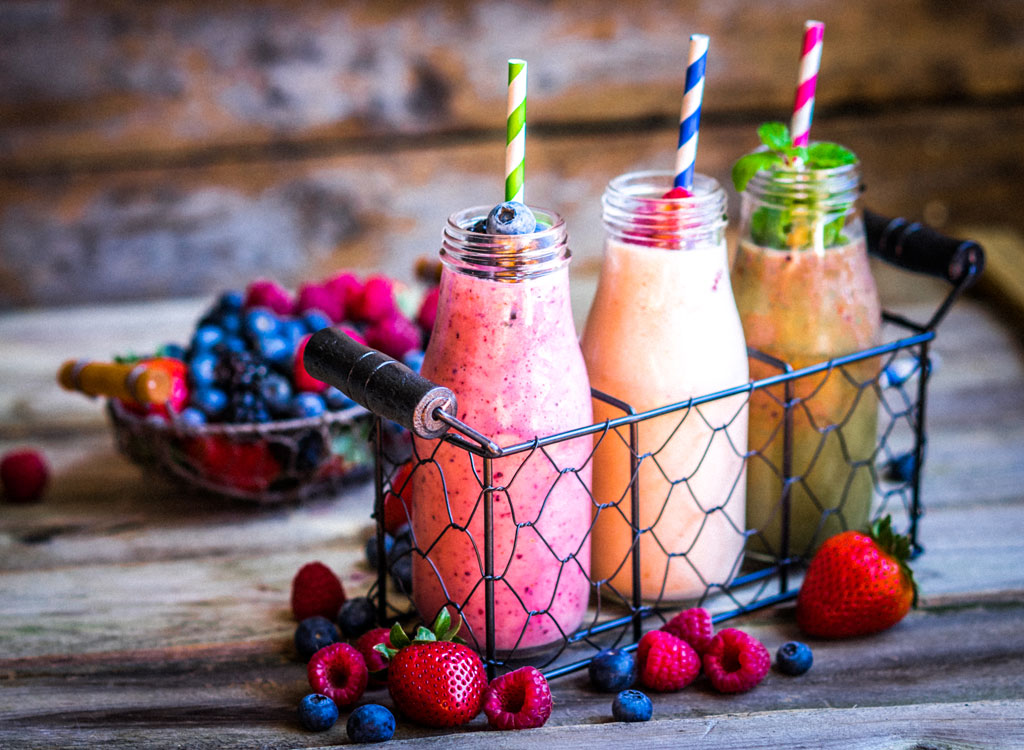
A fruit smoothie sounds like a virtuous choice for an afternoon pick-me-up, but be forewarned: Many store-bought options are blended with high-calorie dairy bases and cheap sweeteners that make them more dessert-like than diet-friendly. So it’s no wonder that this is one of the foods nutritionists avoid, generally speaking. If you’re going to have a smoothie, try making your own and adding some veggies in alongside the fruit.
Fruit Juice

“Talk about turning a good food bad,” says Leah Kaufman, MS, RD, CDN. “When you transform produce into juice, you take away its fiber—one of the major benefits of consuming whole fruits and vegetables. What you wind up with is a drink that’s so concentrated with sweetness, it can have as much sugar as a soda.”
Soda and Diet Soda
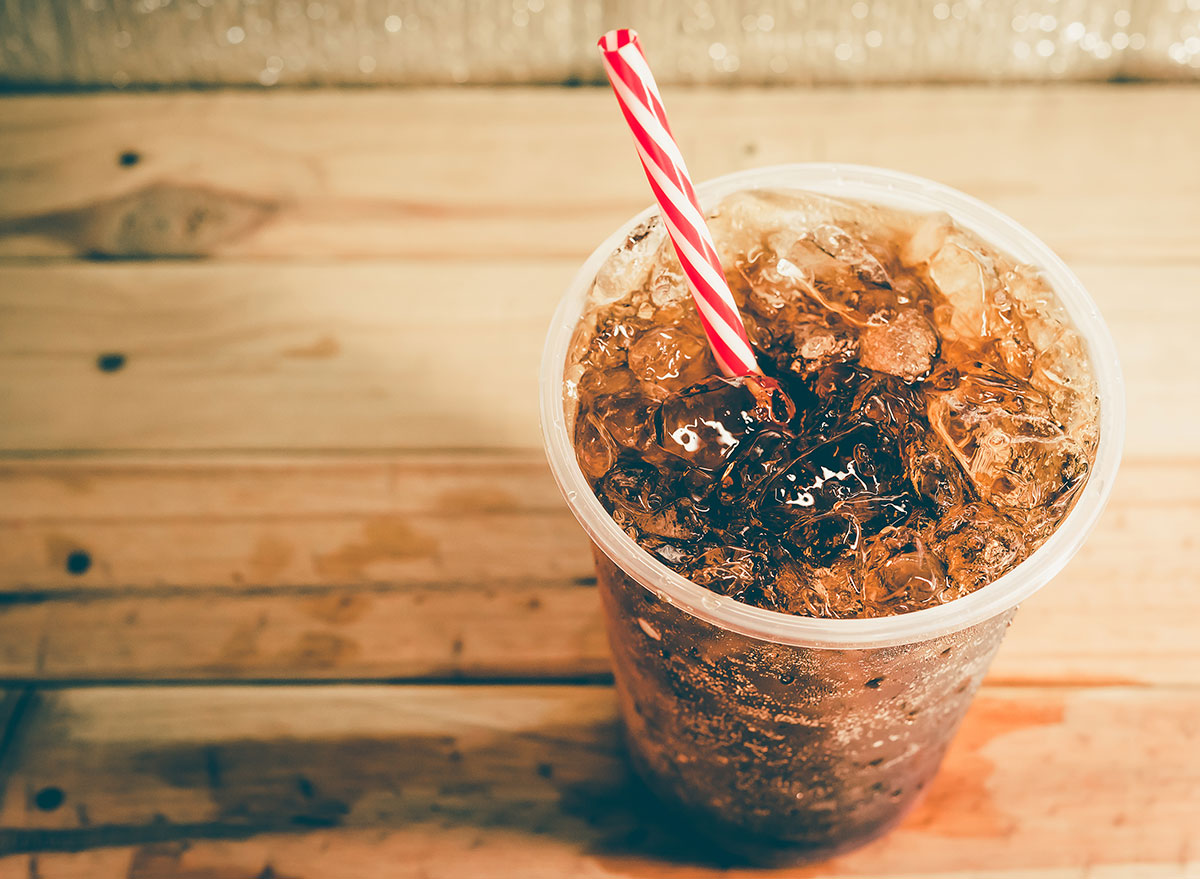
“I don’t drink soda. A long time ago cola had cocaine in it, and it’s arguably gotten even more unhealthy since then,” says Guillem Gonzalez-Lomas. “Most sodas contain phosphorus, which binds to calcium and increases calcium loss, which is terrible for bone health. Plus, just one can is filled with 40 grams of sugar—the equivalent of 20 sugar cubes—which makes it challenging for the body to maintain healthy glucose and insulin levels. And diet soda is potentially worse. Diet beverages contain low doses of carcinogens and artificial sweeteners that have potentially dangerous effects on the brain and metabolism. While everything in moderation is reasonable, I steer clear of sodas—high risk, no reward.”
Granola
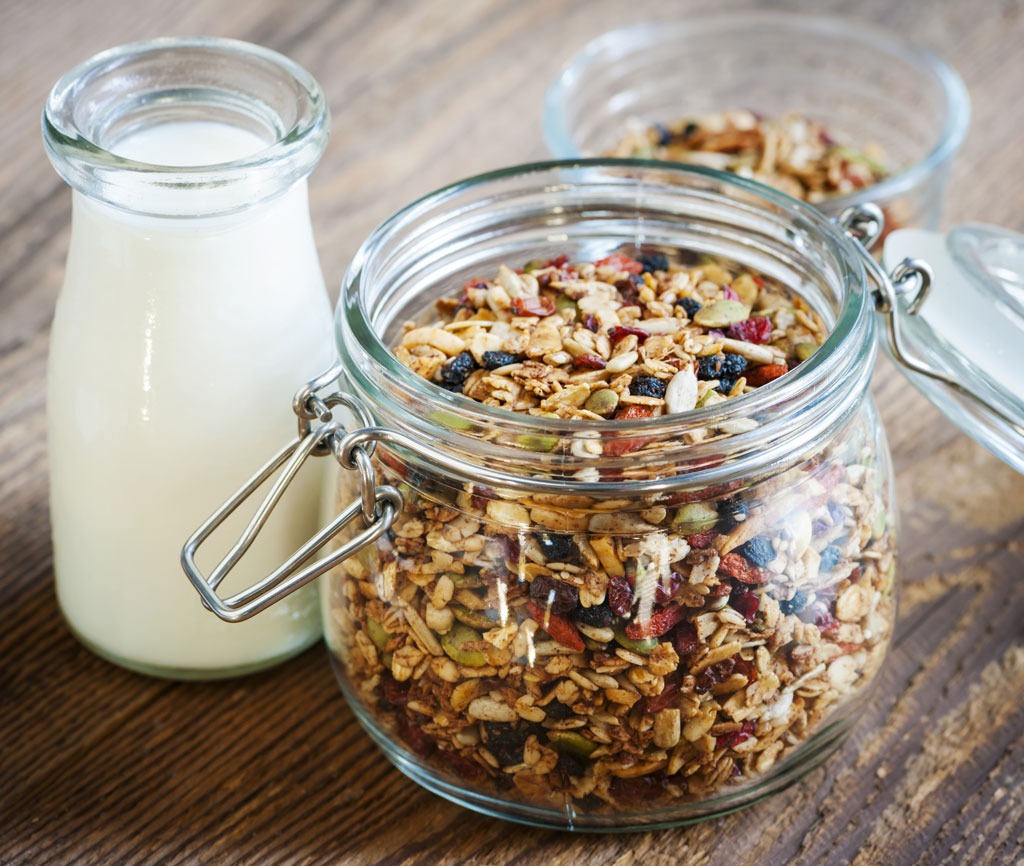
“One of the leading health food impostors!” says Lisa Moskovitz, RD, CDN, founder of The NY Nutrition Group. “One tiny cup of granola has nearly 600 calories, 30 grams of fat, and 24 grams of sugar. That’s the equivalent of starting your morning with two slices of cheesecake.”
Even packaged cereals are better than granola, Moskovitz advises. “If I want a crunch cereal, I’ll go for a lighter alternative like Cheerios or Special K. They pack the same satisfying crunch with a fraction of the calories, fat, and sugar,” she says. Granola isn’t exactly health food, so it’s no surprise it made the list of foods nutritionists avoid at all costs.
Deli Meats
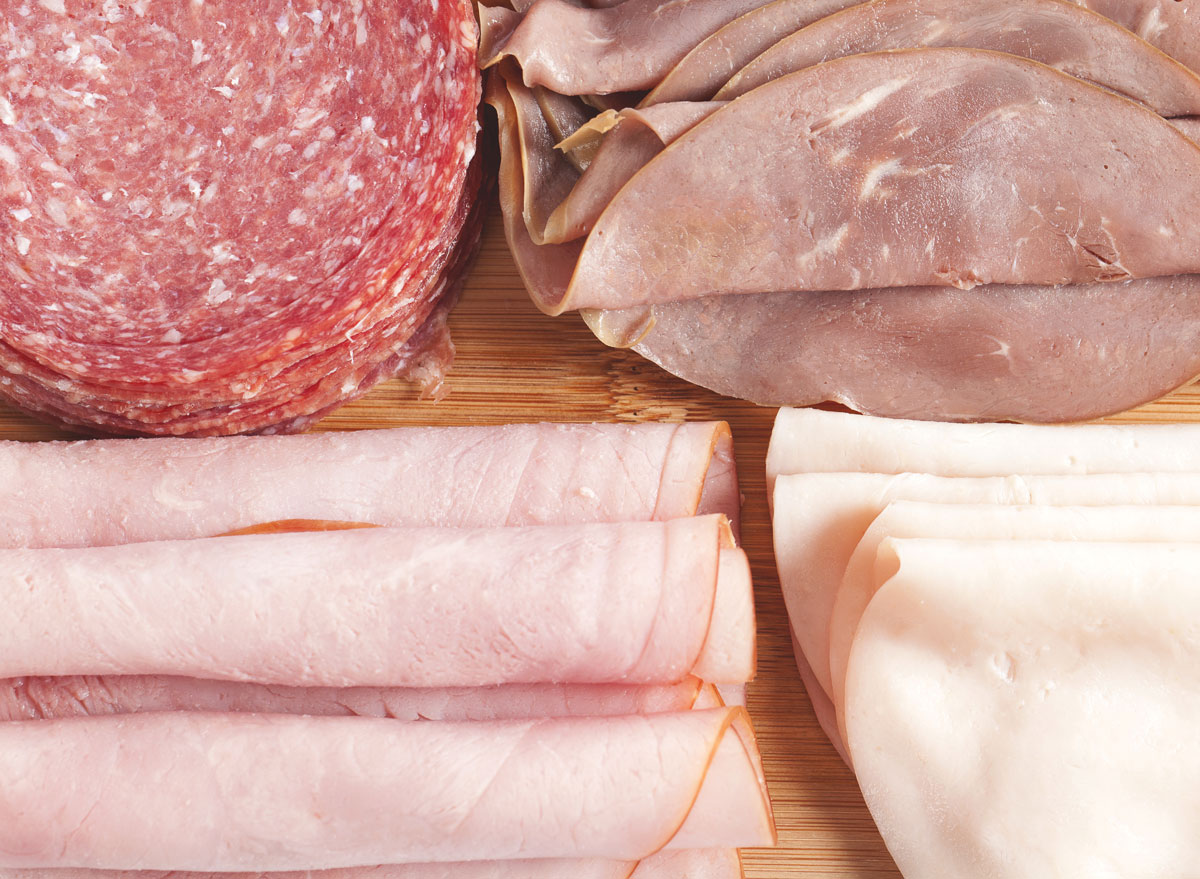
“I eat a very clean, plant-based diet, so the avoid list is long for me. However, even for those who eat meat, the processed varieties are a bad choice,” warns David L. Katz, MD, MPH, founding director of the Yale University Prevention Research Center. “While the link between meat and chronic disease is fairly tenuous, the connection between salt-, sugar- and chemical-laden processed meats and chronic disease risk is strong and consistent. If you eat meat, it should be pure—like you want your own muscles to be. If you eat the highly processed, adulterated meats, they may pay it forward to the meat on your own bones.”
Low-Fat Packaged Baked Goods
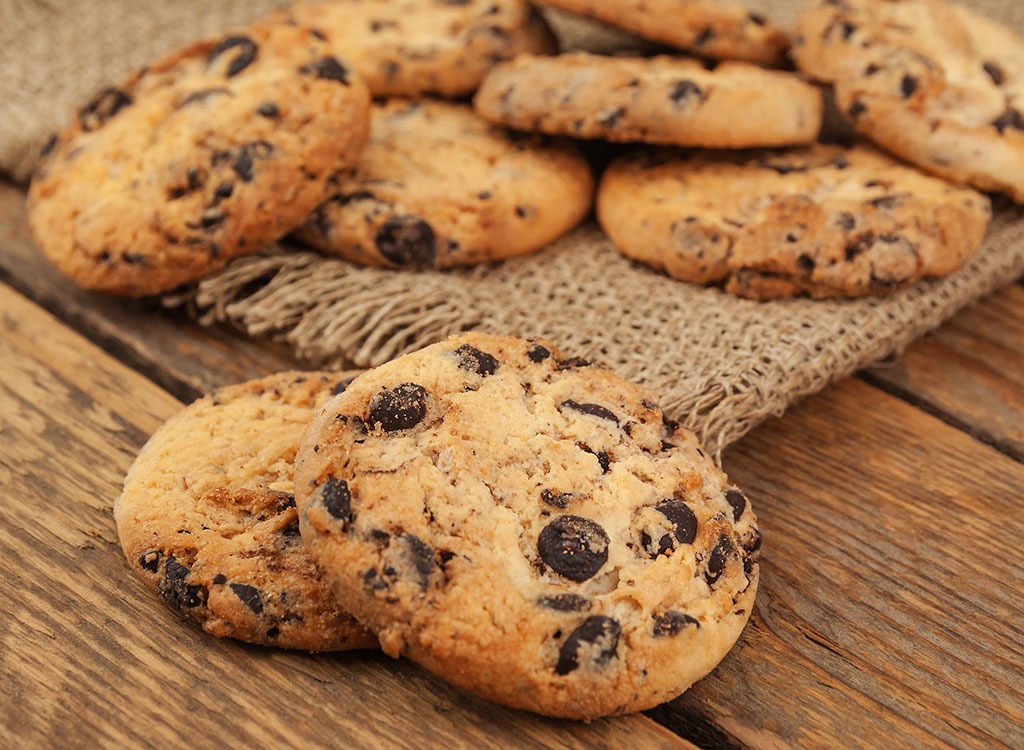
“I avoid any product marketed as ‘low-fat.’ Typically, these items are extensively processed and packed with chemicals that are added to try to achieve the consistency or reproduce the flavor of the full-fat models on which they are based,” explains Rebekah Gross, MD, a gastroenterologist at the Joan H. Tisch Center for Women’s Health at NYU Langone Medical Center. “I’d rather indulge in a smaller portion of a food naturally high in fat or sugar than ingest an artificial substitute.”
Gross adds that “in most cases, the real deal tastes better, is more satisfying, and doesn’t cause the gastrointestinal upset that can be associated with highly processed foods.” If you’re sad to see baked goods on the list of foods nutritionists avoid, don’t be—take Gross’s advice and eat the real-deal rather than the low-fat one.
Ketchup

“It’s called ketchup because, over time, it’s going to catch up to you,” jokes Moskovitz. “Just two measly tablespoons has up to 8 grams of sugar and 40 calories. And most of those calories come from high fructose corn syrup, which has been shown to increase appetite and, over time, lead to health problems such as obesity and diabetes.”
Still craving ketchup for your fries or burger? Try a no-sugar-added version, Moskovitz suggests.
Cheeseburgers
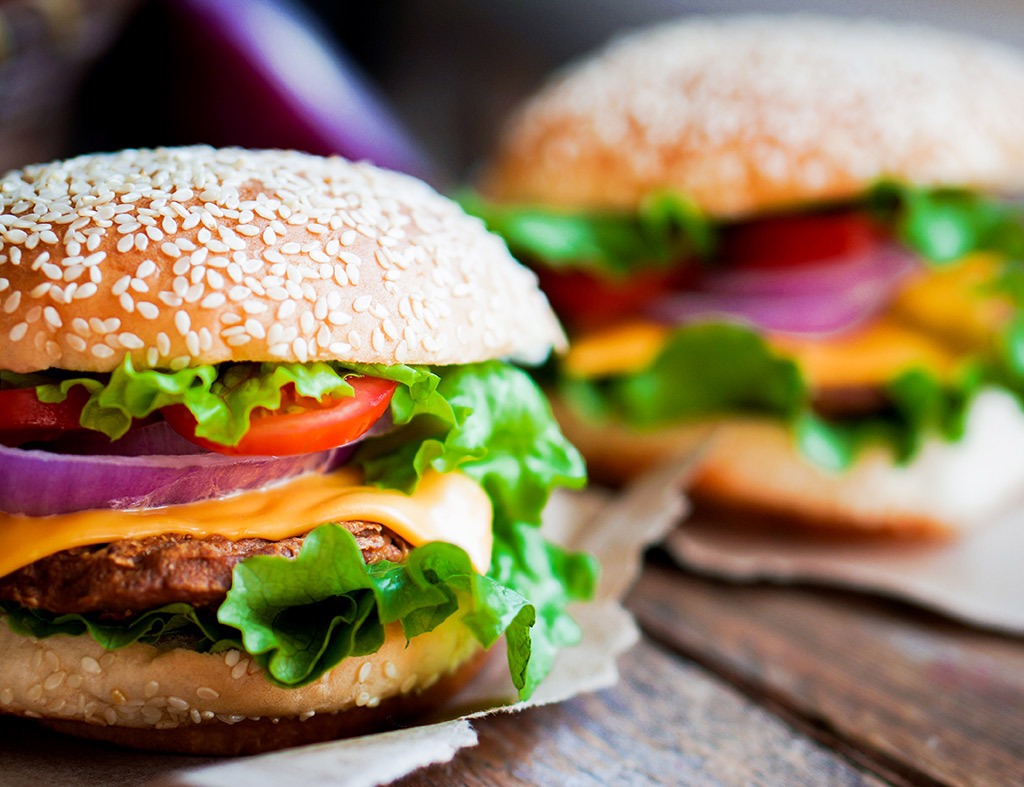
“There isn’t a food I avoid entirely. One cheeseburger never killed anybody unless they choked on it,” says cardiologist Blase Carabello, MD. “However, I do limit myself to one per month since the dish is high in heart disease-causing saturated fat and served in a processed bun made with refined carbohydrates.”
Cold Cereal
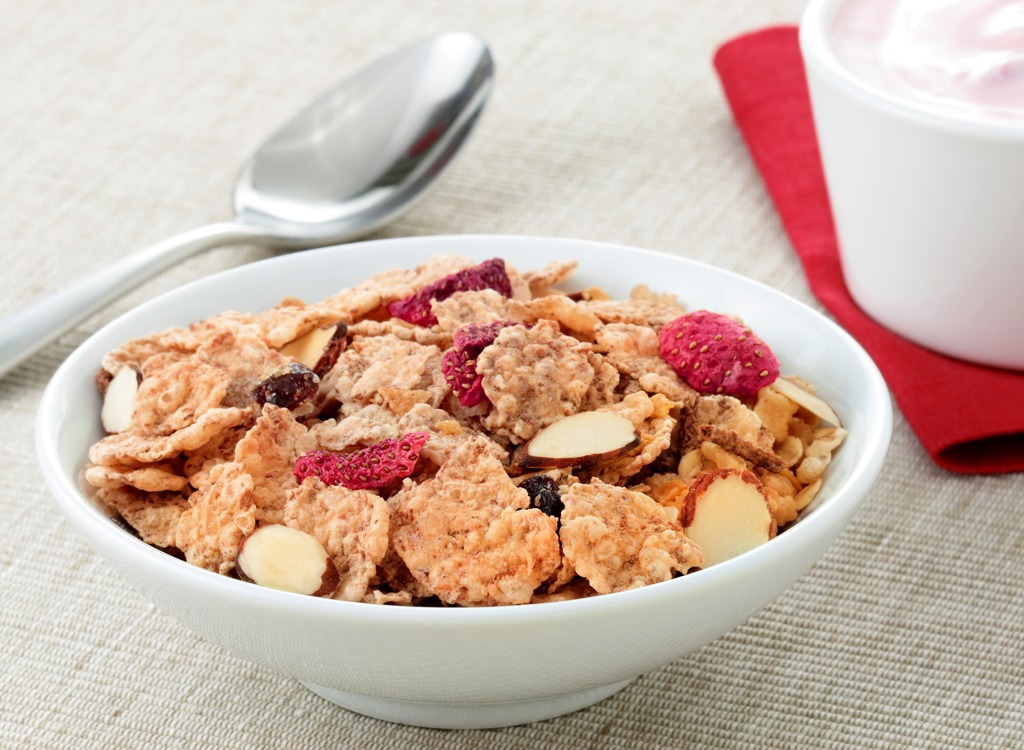
“Most cold cereals—even the ones that seem healthy—are carb-laden, sweet, and highly processed. They are definitely not the breakfast of champions,” says Lauren Slayton, MS RD, founder of Foodtrainers. Breakfast cereals can be super sweet and calorie-heavy, making them one of the foods nutritionists avoid.
“Starting your day with lean protein, like eggs, is the best way to ensure that you’ll stay energized and full into early afternoon,” says Slayton.
Flavored Coffee Creamer

“I avoid flavored coffee creamers because they are filled with fake ingredients that can do more harm than the flavor is worth: trans fats, artificial sweeteners, carrageenan, and artificial coloring,” says Gina Consalvo, MA, RD, LDN, Pennsylvania-based owner of Eat Well with Gina. “Over time, your morning shot of non-dairy creamer can raise dangerous LDL cholesterol levels and increase the risk of blood clots and heart attack.”
Instead of reaching for that creamer, Consalvo recommends adding half and half to your morning joe. “Lighten your coffee with a half and half that only lists milk and cream as ingredients,” she says.
Nutella
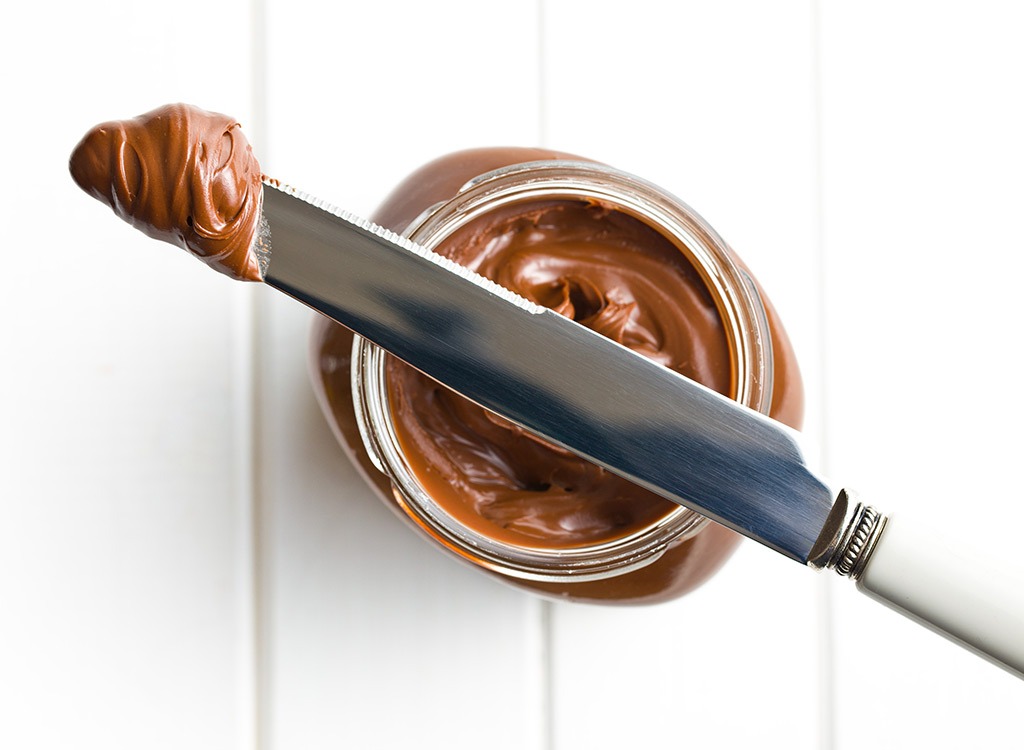
“Nutella is one of those foods that people believe to be healthy because it contains a nut,” says Kaufman. “But check the ingredients: Spreads like Nutella are primarily sugar and palm oil, with almost no actual nuts involved. With over 20 grams of added sugar and only two grams of protein, the spread just winds up at your waist.”
With its high sugar content, it’s no wonder this hazelnut spread made the list of foods nutritionists avoid.
Canned Vegetables
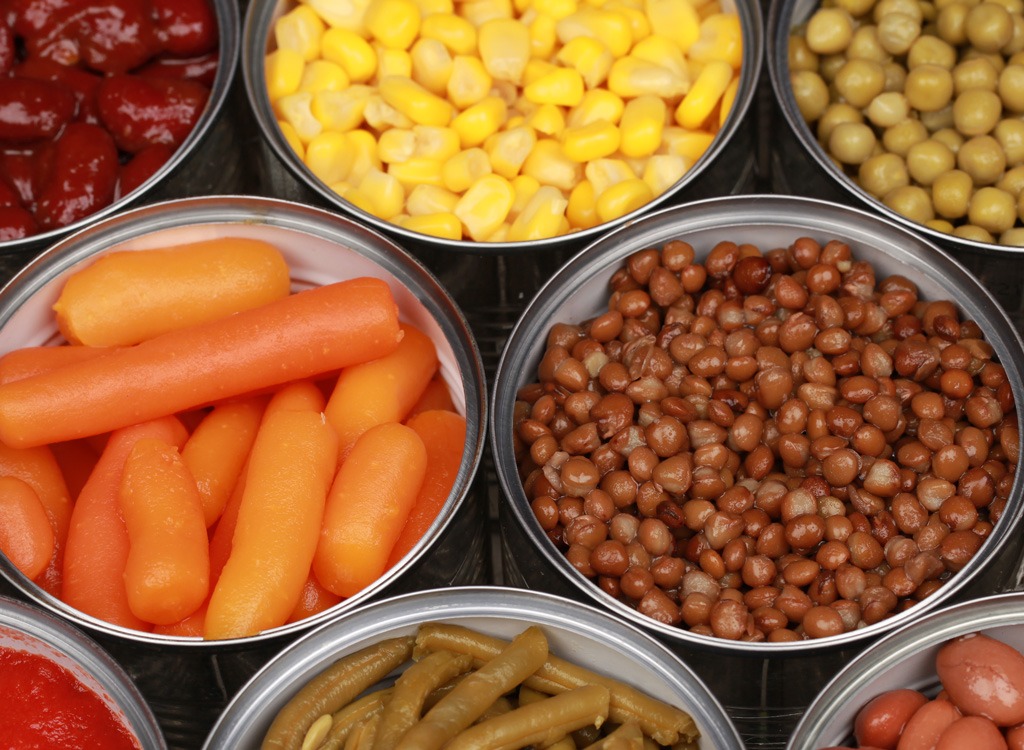
Some cans are laced with BPA, an industrial chemical used in various food and beverages containers. “There is a lot of controversy around BPA,” says Consalvo. “It is thought to pose some health risks in fetuses, infants, and young children’s brain development.” She notes that there are many brands that are now using BPA-free cans and hard plastics, though, so you don’t have to avoid canned food entirely.
If you want more options for quick and easy vegetables, you can also try frozen veggies, which will keep fresh for months in your freezer and are free of the salt that’s often added to canned produce.
Roasted Almonds
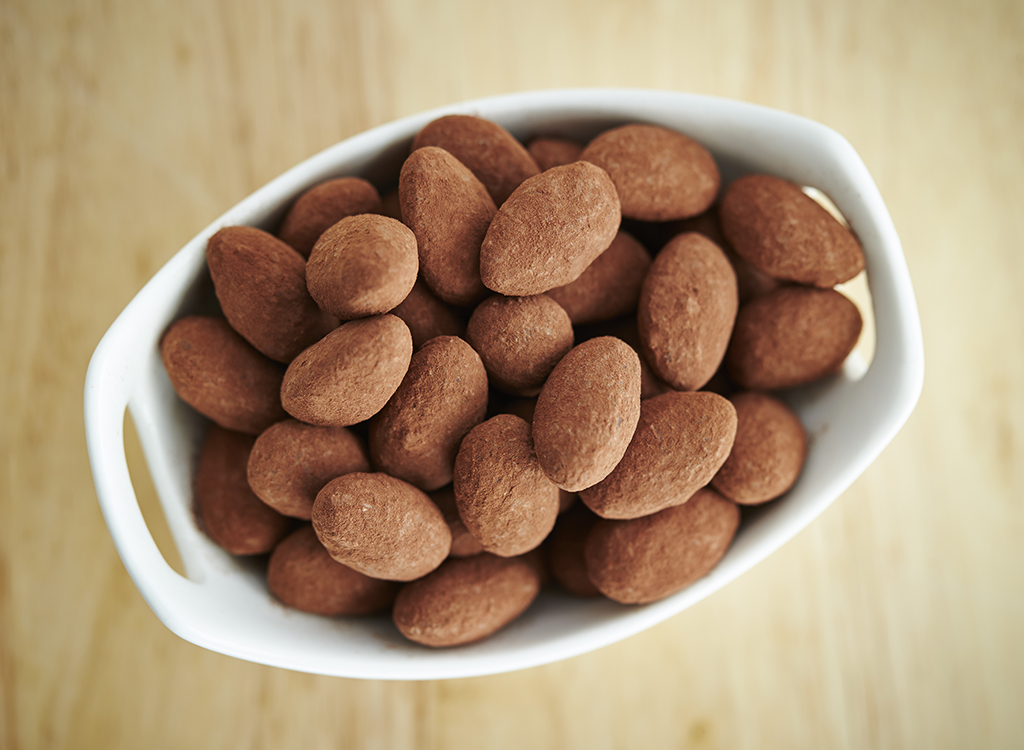
Sure, roasted nuts are delicious. But the high-heat cooking method does nut’n for your waistline. Raw almonds caused stomach acids to swell (in a good way) and were slower digesting than roasted almonds, one study in the journal Food Biophysics showed. That could mean raw almonds will keep you feeling fuller longer.
Now that you have a better idea of what foods nutritionists avoid, you can plan your next grocery shopping trip with ease. Don’t be fooled by a food’s reputation as being “healthy”—because some of these definitely aren’t.
